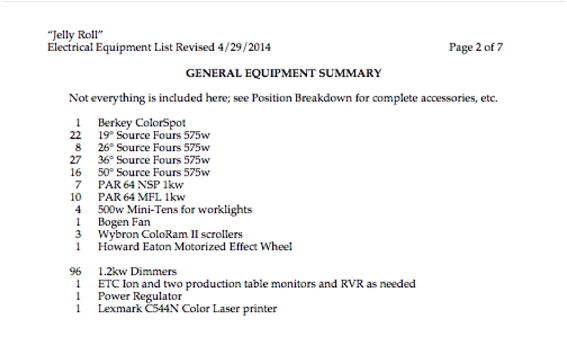

- #Lightwright 6 changing paperwork headings professional
- #Lightwright 6 changing paperwork headings series
As VR moves in that direction, work will be done in a variety of places and times. To keep up, VR must move toward applying the new technology, specifically the Internet, in our normal work environment. Most of usĪre familiar with technology since we have been applying various forms of assistive work technology to enable persons with severe disabilities to enter new fields of employment. We are geographically dispersed and used to working in new and rapidly changing situations. Our staffs are well educated and open to continued learning.

Many attributes give us a start in the right direction. Can VR keep up with the changes and maintain effectiveness and credibility in the future? This is the obvious challenge affecting rehabilitation as we move into a Third Wave civilization. in the Waffle House, laptop booted up, working on some project over coffee. In this new paradigm, people have been observed at 11:00 p.m. People work any time and almost anywhere to get the job done. In the new business world, dress can run the gamut from suit and tie to polo shirt and khakis to T-shirts and cut-off jeans. Appropriate dress is just one of those things. When we help our consumers get ready for employment, they need to know what is expected from them on the job. To continue to do so, we must have current knowledge of how business works. VR has historically been the expert in placing persons with disabilities into employment. He is now developing and designing Web pages, does some programming, and consults with small businesses that don’t have an information technology department. A few years ago, job opportunities for him would have been very limited since he has high-level quadriplegia and uses a mouth stick to work his computers. Another client was assisted in setting up a home-based business. She was having difficulty communicating with him about his career goals since her understanding of the field was so limited. A client was requesting training to become a certified Novell engineer. Recently a VR counselor who is a novice computer user came to her supervisor for help. One of the kids asks, “Does it get a lot of hits?” The question now for vocational rehabilitation (VR) is, “Does your Web page get a lot of hits?” Can VR keep up with the expectations and needs of our consumers as well as businesses in modern society? Our consumers are becoming more computer literate. One woman answers, “My son’s elementary school class has a new Web page.” Surprised, the boss says, “Why don’t we have a Web page?” The next scene shows the elementary school kids looking at the new Web page for the mom’s company. A recent television advertisement for a regional Bell company depicts the boss asking a group of employees what they are looking at on their computers.
#Lightwright 6 changing paperwork headings series
Their level of sophistication varies greatly, from a basic page of information to a complex series of pages containing information on local offices and state policy with links to other sites. Vocational Rehabilitation Meets the Third Wave Most state agencies are somewhere in between. On the other hand, in a few agencies, everyone has a laptop, works virtually four days a week, and receives e-mail messages from potential clients for more information. In some offices, not much has changed since World War II except for a few computers sitting on the secretaries’ desks. Most spend a good portion of time doing paperwork and meeting with or calling clients. Today most rehabilitation professionals who work for state agencies are in traditional office environments.
#Lightwright 6 changing paperwork headings professional
Where have all the typing pools gone? Now the change is affecting more professional areas such as rehabilitation. Next affected were the more concrete office processes such as accounting and word processing. However, these changes are still in progress. In fact, these are the first areas to be affected by the use of computers. As we move from an industrial society to an information society in the 21st century, we see great changes in our manufacturing processes. All of these revolutions took time and affected different groups in different ways, but all were characterized by a massive change in how people lived and conducted their lives. Now we are moving into the Third Wave that many call the information age. The Second Wave took the farmers off the land and into the factories during the industrial revolution. The First Wave was the agricultural revolution that changed hunter-gatherers to farmers. Introduction: Vocational Rehabilitation Meets the Third Wave Weyland Billingsley, Jim Knauss, and Leon Oehlers Alvin Toffler, author of the books Future Shock (Toffler, 1970) and The Third Wave (Toffler, 1980), brought to our attention the fact that civilization is changing.


 0 kommentar(er)
0 kommentar(er)
